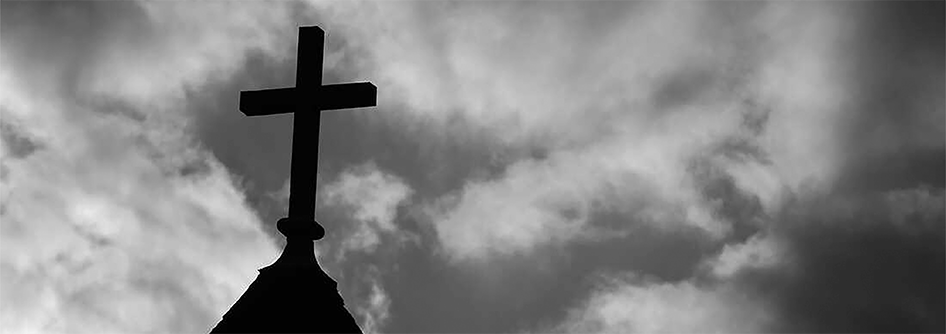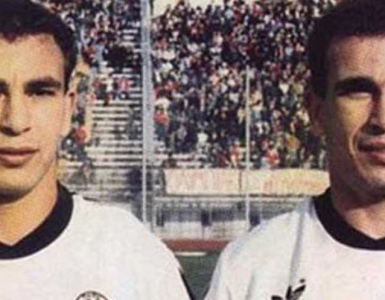MORAL COURAGE: Church of Christ must promote values of fairness, human rights, and ubuntu
By Jo-Mangaliso Mdhlela
The Anglican Church, with other denominations who were political aware of apartheid injustices ravaging the nation during the apartheid years, has taken a back seat, and notoriously reverted to right-wing tendencies.
The irony of it all is that the church, has, generally speaking, attracted scholarly clergy whose political, social, and economic outlook had been shaped by left-leaning political and social sentiments.
It might also be true, whether by dint of accident or design, the oppressive political climate of the time had a bearing towards swaying the church to align with political forces that sought a radical change in a country whose political doctrine was marred by apartheid injustices of exclusion and oppression.
Principally, the push for radical change was perpetuated by the African National Congress (ANC) and the Pan Africanist Congress of Azania (PAC).
Later, after the two organisations were banned and silenced following the 1960 Sharpeville massacre as the result of anti-pass laws protests in which at least 69 were mowed down by the apartheid police, the philosophy of the militant Black Consciousness Movement (BCM), took root in black campuses.
Steve Bantu Biko, the father of Black Consciousness, as the leader of the South African Students Organisation (Saso], played a pivotal role, at the time of great political hiatus, to keep the political home fires burning.
So, what may appear to be the church’s heightened political awareness during those apartheid years, was because of the political and social and economic winds of change – thanks to Biko and his black consciousness comrades.
In black campuses and theological seminaries, theology and other studies could no longer be studied in a vacuum, but took place in a political context of injustice and oppression, and so had to be understood in light of the prevailing context.
It must also be true, even before the banning of political organisations after 1960, the Anglican priests, notably Fr Trevor Huddleston, had set the ball rolling by supporting a political philosophy propagated by the ANC.
He became a card-carrying member of the ANC, and was famously known for his stance against the forced removal of Sophiatown residents to Meadowlands. Not only that, Huddleston became part of the ANC stalwarts who spoke at the launch of the Freedom Charter in Kliptown in 1955.
Another prominent struggle icon was Archbishop Njongonkulu Ndungane, a diehard PAC adherent. He spent three years on Robben Island for subscribing to the Africanist ideals as propounded by its leader and president, Robert Mangaliso Sobukwe.
Tutu, although not directly linked to any political formation, supported and endorsed the liberation movement and the stance it adopted to bring about political change in the country.
The late Bishop Simeon Nkoane who spend several years studying at Oxford, England, got attracted to social justice ideals. His ministry was concerned more about the well-being of “the total human being” – and described capitalism as “an obscene wealth accumulation project desensitised to the needs of the poor”, and warning his listeners that those who believed in the “eternal life” must also realise that while eternal life is the story of hope the church must embrace, the theological concept should be understood not outside the reality of real life, but rather in the context of social justice “we should all pursue in the here and now”.
Professor Barney Nyameko Pityana, a colleague of Biko at Saso, was part of a group of young students in the late 1960s and early 1970s to highlight the value of black consciousness, and its liberatory ideal.
A lawyer and scholar, and an Anglican priest, Pityana played a significant role in the liberatory project of the country, helping to rebuild a new constitutional democracy emerging from the apartheid ashes. He became the first chairperson of the South African Human Rights Commission, and later a vice-chancellor of the University of South Africa (Unisa). The presence of such icons adds value and gravitas to the church.
To desecrate the church by pettiness and little squabbles, should be avoided, for the Anglican has become a brand respected in high places. The Anglican Church, and its bishops, must never forget the church has over the years carved a tradition and a brand that is associated with social justice.
Just to make the final point, Canon Ffrench Beytagh, the former dean of the Cathedral Church of Sain Mary the Virgin, Johannesburg, in the early 1970s, was an anti-apartheid activist. He was charged with furthering the so-called unlawful ANC.
He was sentenced by the apartheid court to five years in jail, but on appeal was acquitted.
Here there are lessons for an errant church. The church of Jesus Christ must always be seen to be promoting the values of the kingdom for which fairness, human rights, and ubuntu are the cornerstones.
































